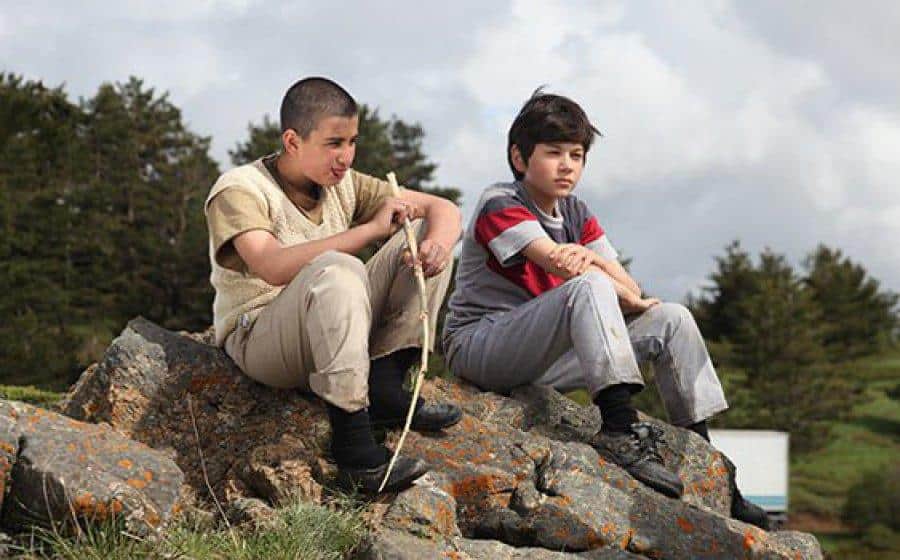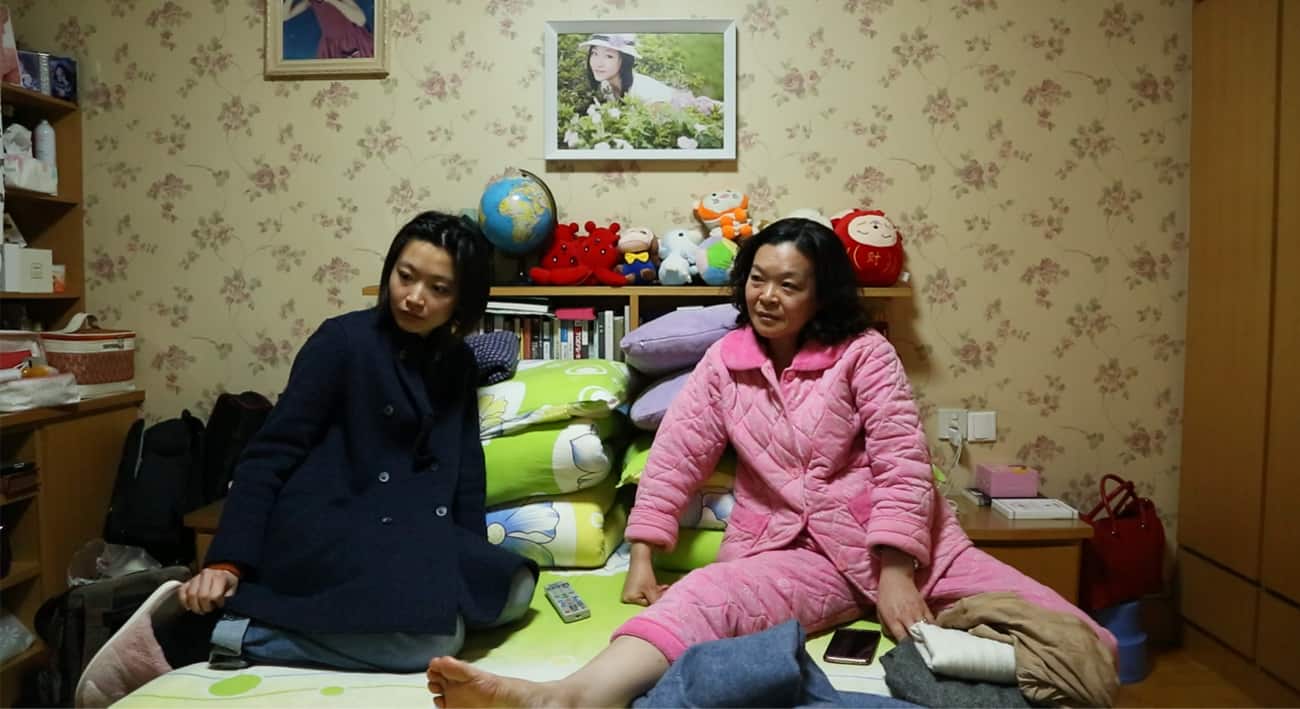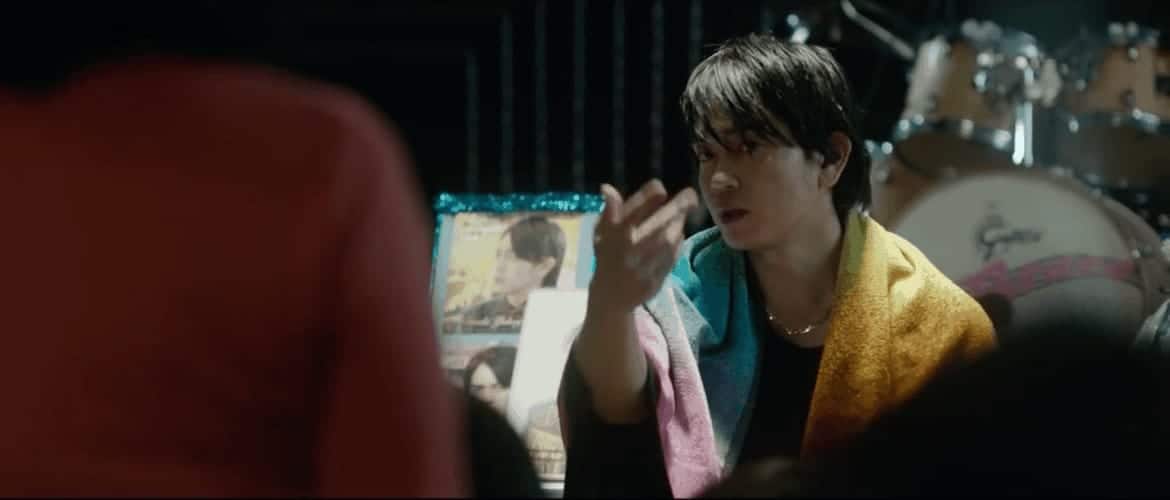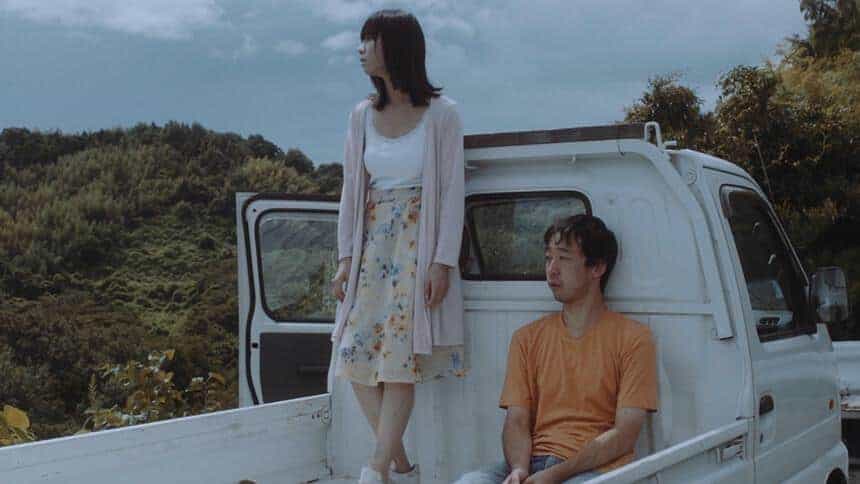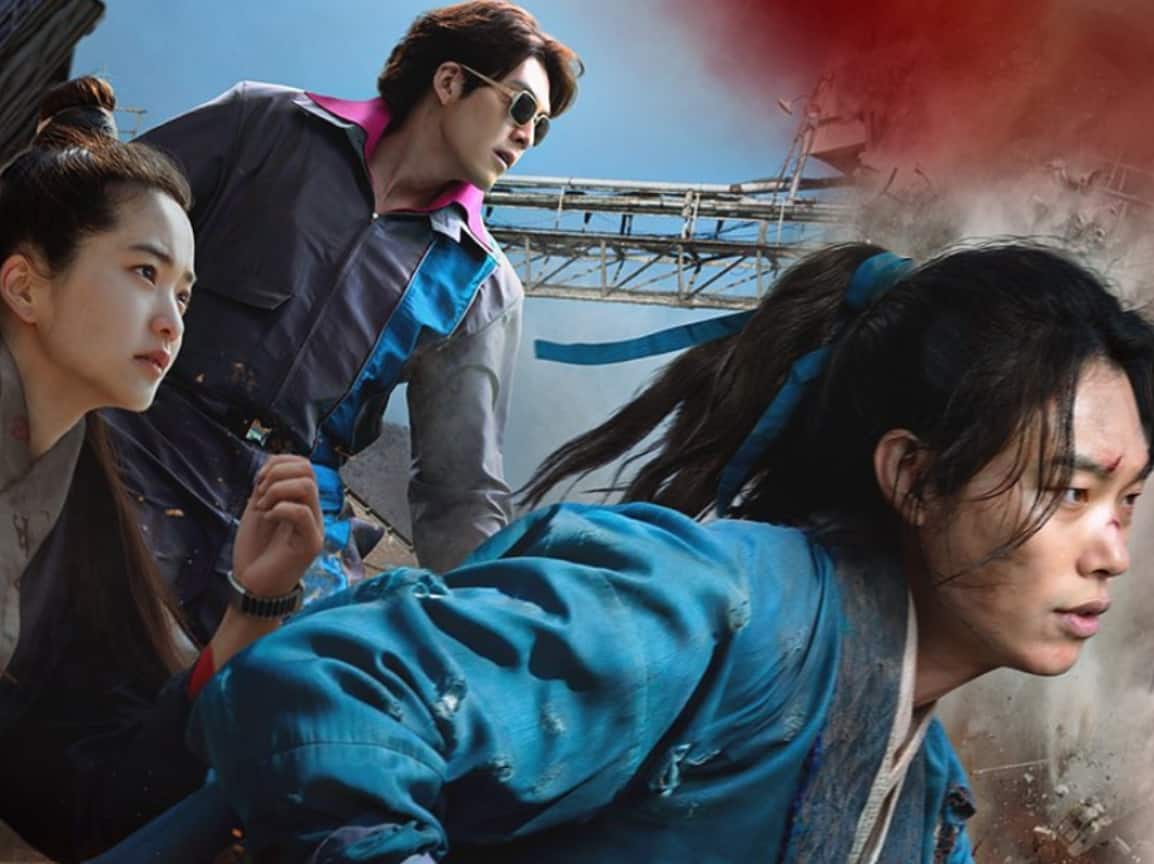‘The Land of Hope' is a simple and honest movie about fear, hope and freedom when the unexpected and unavoidable comes our way. In this case, a nuclear meltdown, no less. It's not a singular tale, in that it's not a survival-against-the-odds story, nor an especially ‘heroic' one, but it is the kind of experience that any family could have had in a Fukushima-like aftermath.
Sion doesn't overreach for the unique, but rather keeps the focus on realism, indulging in magic lyrical moments only on a couple of occasions. The result is a fairly empathetic experience, even when the story wanders, visiting sub-themes such as peer-pressure or mistrust of the government.
Samuel Goldwyn said that a movie ‘should start with an earthquake and build to a climax'. Sion Sono, the director of ‘The Land of Hope', obviously took notice, because that's precisely how his film begins. His ‘building up', however, may be lackluster for the thrill-seeker, as there's no clear antagonist to be beaten. Radioactivity? Sure, but also bureaucracy, social dogma, our own paranoia…
No unique foe to be fought, but rather a powerful symbol: a fence. After the nuclear plant's security has been compromised by the quake in the fictional town of Nagashima (a combination of Hiroshima, Nagasaki and Fukushima), an arbitrary security perimeter is enforced by the government. A fence encloses the designated area, dividing the town and crossing the front yard of the Ono family. Those inside the area are forced to evacuate while the rest (specifically, the elderly couple that drives the story, the Onos) watch a ghost town through the ugly, almost war-like fence.
‘The Land of Hope' follows two families: the one that leaves, and the one that stays. The former has almost no choice. The latter has maybe a little more freedom, but that only means more responsibility. Yasuhiko Ono (played by a superb Isao Natsuyagi) insists on his son and daughter-in-law leaving town and searching for a clean place to live. He, instead, decides to stay in his family home. He doesn't want to leave his roots, symbolized by the family trees. With him stays his wife, Chieko Ono (played by an equally magnificent Naoko Ohtani), a woman with important psychological challenges. Love and fear, the basic and most powerful feelings, battle for dominance in Yasuhiko's son (played by Jun Murakami)'s heart, as the fence killed the town but his parents refuse to leave.
Sion's last film does its job, choosing not to use fanfare and fireworks. While this choice allows the story to stand on its own merits, it also leaves aside many formal possibilities for the movie to be more emotionally engaging. The camera placement is ‘transparent', but so much so that it lacks personality, a creator's point of view. The subtle angst created by maintained long shots fades away little by little due to repetition and a non-changing pace. Music is almost nowhere to be heard and the editing verges on dull. The couple of times Sion breaks his own ‘sober' paradigm end up being the best moments of the film, but they are too few, and out of tune with the rest. I definitely missed more deliberate formal efforts to make this film a complete emotional experience.
All in all, ‘The Land of Hope' is a good movie with great performances (specially, Isao and Naoko's) and eerie shots of real Fukushima's landscapes (as the fictional Nagashima), devastated by the tsunami. Being as it is a fable based on real events, one can feel the emotional weight of reality behind the frame, the enormity of the tragedy and its lasting effects on the Japanese people's soul.



